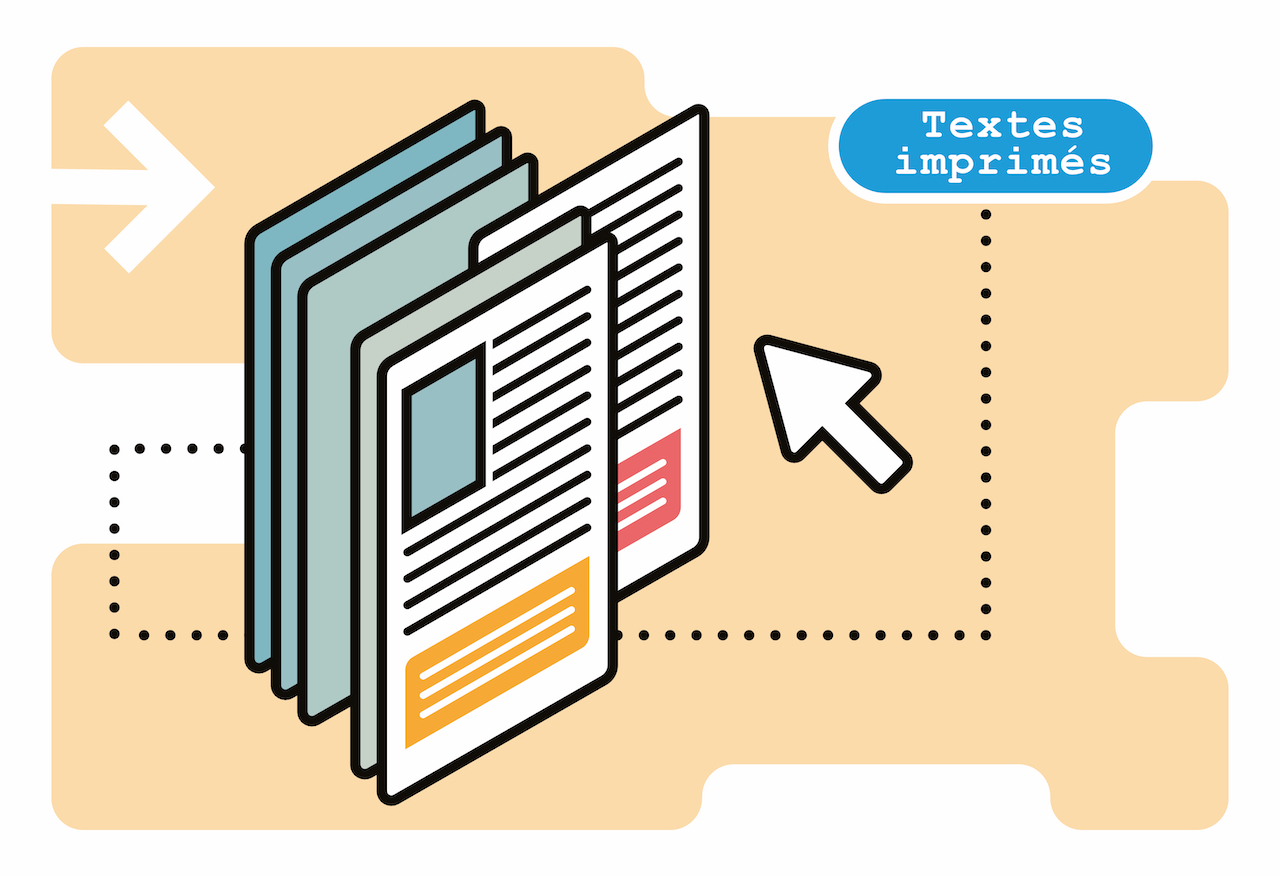Fiche du document
12 novembre 2024
- 2411.07817
- SocioEconomic Challenges (SEC), Volume 8 Issue 3, 2024
- doi: 10.61093/sec.8(3).159-168.2024
Mots-clés
Economics - EconometricsSujets proches
GDP Domestic product, GrossCiter ce document
Davit Gondauri et al., « Impact of R&D and AI Investments on Economic Growth and Credit Rating », arXiv - économie, ID : 10.61093/sec.8(3
Métriques
Partage / Export
Résumé
The research and development (R&D) phase is essential for fostering innovation and aligns with long-term strategies in both public and private sectors. This study addresses two primary research questions: (1) assessing the relationship between R&D investments and GDP through regression analysis, and (2) estimating the economic value added (EVA) that Georgia must generate to progress from a BB to a BBB credit rating. Using World Bank data from 2014-2022, this analysis found that increasing R&D, with an emphasis on AI, by 30-35% has a measurable impact on GDP. Regression results reveal a coefficient of 7.02%, indicating a 10% increase in R&D leads to a 0.70% GDP rise, with an 81.1% determination coefficient and a strong 90.1% correlation. Georgia's EVA model was calculated to determine the additional value needed for a BBB rating, comparing indicators from Greece, Hungary, India, and Kazakhstan as benchmarks. Key economic indicators considered were nominal GDP, GDP per capita, real GDP growth, and fiscal indicators (government balance/GDP, debt/GDP). The EVA model projects that to achieve a BBB rating within nine years, Georgia requires $61.7 billion in investments. Utilizing EVA and comprehensive economic indicators will support informed decision-making and enhance the analysis of Georgia's economic trajectory.
